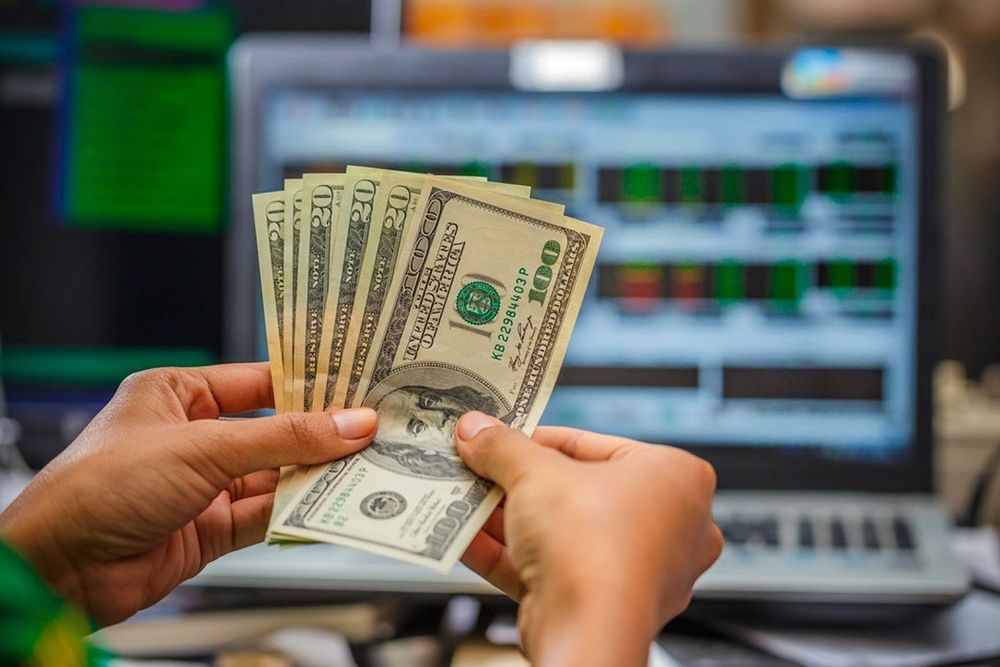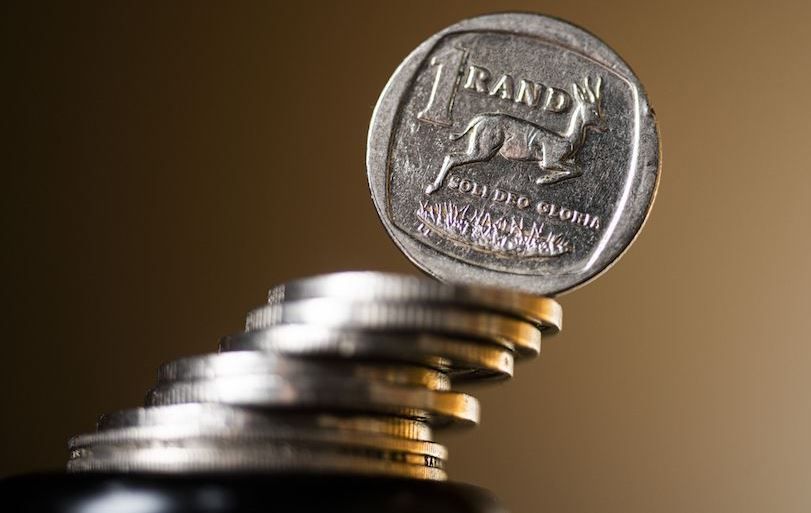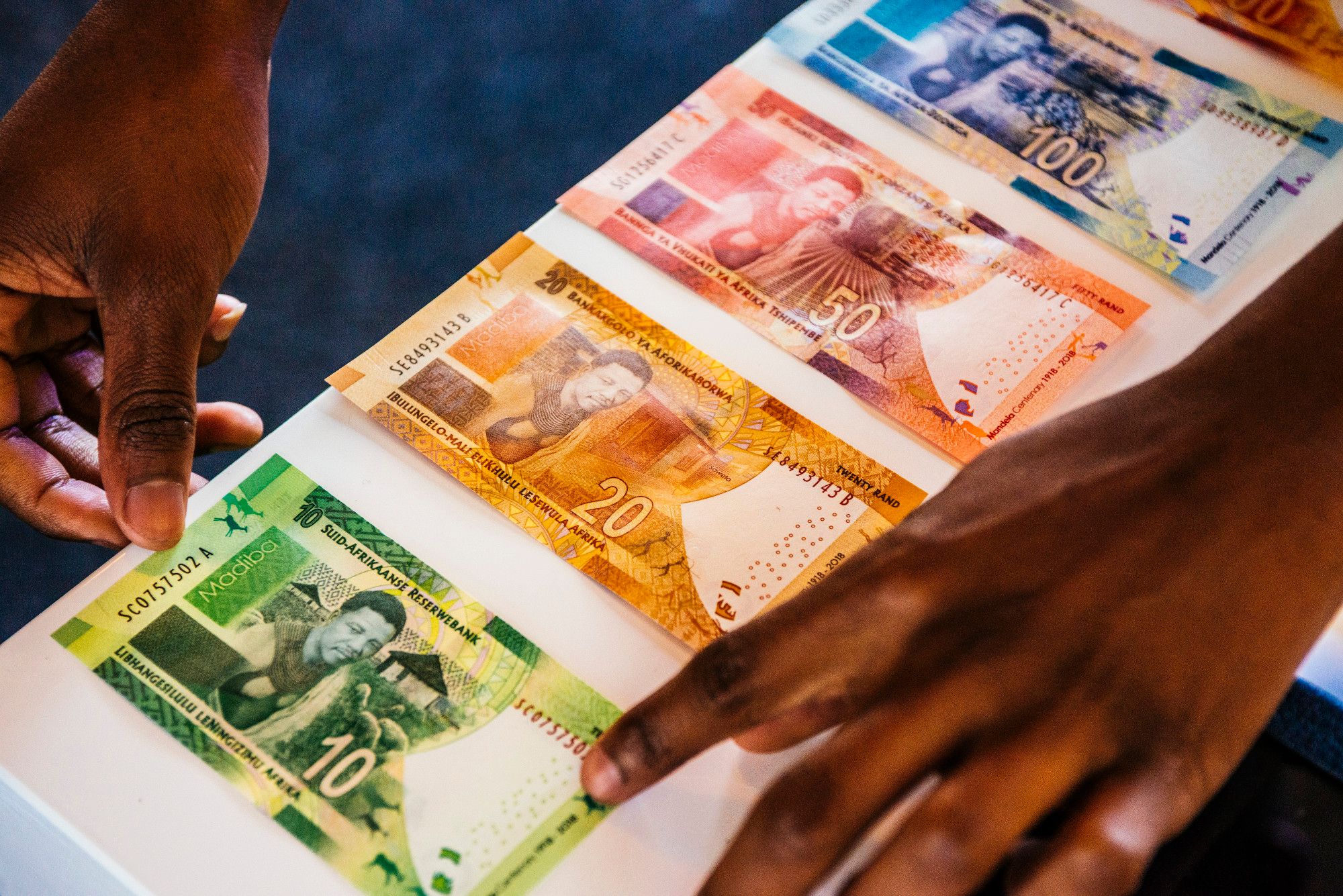
Forex trading has gained important popularity as a means to potentially generate profits in the financial markets. However, it is essential to treat forex trading with realistic expectations and a sound understanding of the factors influencing profitability. In this article, we will address the topic of how much profit you can make in forex trading. We will explore the profitability of forex trading, methods for its calculations, factors influencing forex trading profits, strategies for making money in forex, and provide key takeaways for aspiring traders.

While forex trading can offer opportunities for profitability, it is essential to know that it is not an assured path to wealth. The profitability of forex trading is largely depending on the individual trader's abilities, experience, risk management, and conditions of the market. Hedge funds and exceptionally skilled currency traders with substantial capital may achieve significant profits. However, for the average retail trader, forex trading can be challenging and result in losses.
One significant aspect in calculating the forex trading profits is determining the return on investment (ROI). ROI is the measure of profit or loss generated from trading activities. It can be calculated by comparing the gains and losses over a specific period. The formula for ROI is:
ROI = (Profit / Initial Investment) x 100%
By analysing the ROI, traders can assess the effectiveness of their trade strategies.
What Factors Can Influence Forex Trading Profits? Several factors can influence forex trading profits. It is important to be aware of these factors to make well-informed trading decisions. Some key factors include:
a) Market Volatility: Forex markets can exhibit high levels of volatility, which provides both opportunities and risks. Higher volatility can lead to larger profit potential but also increase the likelihood of substantial losses.
b) Leverage: Leverage permits traders to regulate larger positions with a smaller capital value. While leverage may increase profits, it also strengthens losses. Good risk management is important when utilising leverage to avoid significant financial setbacks.
c) Risk Management: Performing efficient risk management strategies, like setting Stop Loss orders and managing position sizes, is vital for preserving capital and minimising losses.
d) Trading Strategy: The choice of trading strategy and its alignment with conditions of the market is essential. Traders should develop a well-defined strategy based on technical and fundamental analysis, risk tolerance, and personal trade goals.
e) Economic and Political Factors: Economic indicators, geopolitical events, and central bank decisions can significantly influence prices of the currency. Being informed about global economic news and trends is essential for successful forex trading.

Profitable forex strategies may vary depending on the individual trader's trade style, risk tolerance, and conditions of the market. However, here are several commonly used forex strategies that have the potential to make profits:
a) Trend Following: This strategy involves determining and following the market trend. Traders help in entering positions in the prevailing trend direction and ride the trend till it shows reversal signs.
b) Breakout Trading: Breakout trading involves entering positions when the price breaks above or under a significant level of support or resistance. Traders anticipate that the breakout will lead to a strong price move in the direction of the breakout.
c) Range Trading: Range trading is suitable for sideways or consolidating markets. Traders identify key support and resistance levels and seek to buy at support and sell at resistance, taking advantage of price oscillations within the range.
d) Carry Trading: Carry trading involves taking advantage of interest rate differentials between currencies. Traders buy a currency with a higher interest rate and sell a currency with a lower interest rate, aiming to profit from the interest rate differential while also benefiting from potential currency appreciation.
e) News Trading: News trading involves taking positions based on the influence of economic news releases or geopolitical events on the forex market. Traders closely monitor economic calendars and enter trades based on their expectations of how the market will react to the news.
It's significant to note that each profitable forex strategy has its own risks and limitations. Traders should thoroughly understand and test any strategy before implementing it in live trading. Also, risk management techniques should be applied to protect capital and minimise losses.
To increase the chances of making money on forex, traders can consider the following strategies:
a) Education and Skill Development: Investing time and effort in learning about forex trading, technical analysis, fundamental analysis, risk management, and trading psychology is essential. Continuously improving trading skills can enhance profitability.
b) Demo Trading and Backtesting: Before trading with real money, practice trading strategies in a risk-free demo account. Backtesting historical data can help assess the effectiveness of trading strategies.
c) Technical Analysis: Utilise technical indicators, chart patterns, and price action analysis to identify potential entry and exit points. Technical analysis can provide insights into market trends and help make informed trading decisions.
d) Fundamental Analysis: Stay updated with economic news, geopolitical events, and central bank announcements to understand how these factors can impact currency prices. Fundamental analysis can help identify trading opportunities based on economic indicators and market sentiment.
e) Risk Management: Implement effective risk management strategies, such as setting Stop Loss orders, using proper position sizing, and diversifying your trades. Managing risk is crucial to protect your capital and minimise losses.
f) Long-Term Investing: Instead of focusing solely on short-term trading, consider long-term investing in currencies based on fundamental analysis and macroeconomic trends. This approach requires patience and a thorough understanding of global economic factors.
g) Use of Technology: Utilise trading platforms, automated trading systems (expert advisors), and other tools that can help streamline your trading process and execute trades more efficiently.
h) Continual Learning and Adaptation: The forex market is dynamic and constantly evolving. Stay updated with market trends, adopt new strategies, and adapt to changing market conditions to stay ahead.
Beginners in forex trading often make some common mistakes that can negatively impact their trading results. Here are a few main mistakes to avoid:
a) Lack of Education and Preparation: Failing to educate oneself about the forex market, trading concepts, and strategies is a significant mistake. It's crucial to invest time in learning about forex trading, including fundamental and technical analysis, risk management, and trading psychology.
b) Lack of a Trading Plan: Trading without a well-defined trading plan is a mistake that can lead to impulsive and irrational decisions. A trading plan should outline the trader's goals, risk tolerance, entry and exit criteria, and risk management strategies. Following a trading plan helps maintain discipline and consistency in trading.
c) Poor Risk Management: Neglecting risk management is a common mistake. Beginners should avoid risking more capital than they can afford to lose in a single trade. Setting appropriate Stop Loss orders and using position sizing techniques are essential for managing risk effectively.
d) Overtrading: Overtrading, or taking too many trades based on emotions or impulse, can lead to losses. Beginners should focus on quality trades that align with their trading plan rather than being overly active in the market.
e) Lack of Patience and Discipline: Impatience and lack of discipline can cause beginners to deviate from their trading plans. Emotional decision-making, such as revenge trading after a loss, can lead to further losses. It's important to stick to the trading plan and avoid making impulsive decisions based on emotions.
f) Failure to Use Demo Accounts: Not utilising demo accounts to practise and test trading strategies is a mistake. Demo accounts allow beginners to gain experience in a risk-free environment and understand how different strategies perform before risking real money.
By avoiding these common mistakes and continuously improving their trading skills, beginners can enhance their chances of success in forex trading.
Forex trading can be profitable, but it is not a guaranteed way to make money. Success in forex trading depends on individual skills, knowledge, risk management, and market conditions.
Calculating profitability involves considering factors like ROI, which compares gains and losses over a specific period.
Various factors can influence forex trading profits, including market volatility, leverage, risk management, trading strategy, and economic/political factors.
To increase the chances of making money in forex, focus on education, skill development, demo trading, technical and fundamental analysis, risk management, and adapting to market changes.
Trading forex involves risk, and it is essential to approach it with a realistic mindset, proper risk management, and a commitment to continuous learning.
Maboko holds a BTech in Metallurgical Engineering and has been in the financial market for over 6 years. He has experience in market analysis and systematic trading strategies.
The amount of money required to start trading forex can vary. Many brokers offer low minimum deposit requirements, starting from as low as $100. However, it's crucial to have enough capital to manage risks effectively and cover potential losses.
While it's possible to make a living from forex trading, it requires significant dedication, expertise, and consistent profits. Most traders start part-time and gradually transition into full-time trading as they gain experience and build a solid track record.
The average ROI in forex trading can vary widely and is influenced by various factors. It's important to note that focusing solely on the ROI percentage may not provide a complete picture of trading success. Traders should aim for consistent and sustainable profits rather than fixating on high ROI figures.
Yes, there have been successful forex traders who have made millions. However, it's important to remember that such instances are rare and often involve years of experience, refined strategies, and a deep understanding of the market.
While it's theoretically possible to achieve substantial profits in a short period, becoming a millionaire overnight is highly unlikely and unrealistic. It's essential to approach forex trading with a long-term perspective and focus on consistent growth rather than chasing overnight riches.
The time required to make money trading forex varies depending on your trading style, goals, and availability. Some traders thrive with short-term strategies and actively monitor the markets, while others prefer longer-term positions and a more relaxed approach. It's crucial to find a balance that suits your lifestyle and goals.
© 2025 BROKSTOCK SA (PTY) LTD.
BROKSTOCK SA (PTY) LTD is an authorised Financial Service Provider and is regulated by the South African Financial Sector Conduct Authority (FSP No.51404). BROKSTOCK SA (PTY) LTD Proprietary Limited trading as BROKSTOCK. BROKSTOCK SA (PTY) LTD t/a BROKSTOCK acts solely as an intermediary in terms of the FAIS Act, rendering only an intermediary service (i.e., no market making is conducted by BROKSTOCK SA (PTY) LTD t/a BROKSTOCK) in relation to derivative products (CFDs) offered by the liquidity providers. Therefore, BROKSTOCK SA (PTY) LTD t/a BROKSTOCK does not act as the principal or the counterparty to any of its transactions.
The materials on this website (the “Site”) are intended for informational purposes only. Use of and access to the Site and the information, materials, services, and other content available on or through the Site (“Content”) are subject to the laws of South Africa.
Risk notice Margin trading in financial instruments carries a high level of risk, and may not be suitable for all users. It is essential to understand that investing in financial instruments requires extensive knowledge and significant experience in the investment field, as well as an understanding of the nature and complexity of financial instruments, and the ability to determine the volume of investment and assess the associated risks. BROKSTOCK SA (PTY) LTD pays attention to the fact that quotes, charts and conversion rates, prices, analytic indicators and other data presented on this website may not correspond to quotes on trading platforms and are not necessarily real-time nor accurate. The delay of the data in relation to real-time is equal to 15 minutes but is not limited. This indicates that prices may differ from actual prices in the relevant market, and are not suitable for trading purposes. Before deciding to trade the products offered by BROKSTOCK SA (PTY) LTD, a user should carefully consider his objectives, financial position, needs and level of experience. The Content is for informational purposes only and it should not construe any such information or other material as legal, tax, investment, financial, or other advice. BROKSTOCK SA (PTY) LTD will not accept any liability for loss or damage as a result of reliance on the information contained within this Site including data, quotes, conversion rates, etc.
Third party content BROKSTOCK SA (PTY) LTD may provide materials produced by third parties or links to other websites. Such materials and websites are provided by third parties and are not under BROKSTOCK SA (PTY) LTD's direct control. In exchange for using the Site, the user agrees not to hold BROKSTOCK SA (PTY) LTD, its affiliates or any third party service provider liable for any possible claim for damages arising from any decision user makes based on information or other Content made available to the user through the Site.
Limitation of liability The user’s exclusive remedy for dissatisfaction with the Site and Content is to discontinue using the Site and Content. BROKSTOCK SA (PTY) LTD is not liable for any direct, indirect, incidental, consequential, special or punitive damages. Working with BROKSTOCK SA (PTY) LTD you are trading share CFDs. When trading CFDs on shares you do not own the underlying asset. Share CFDs are complex instruments and come with a high risk of losing money rapidly due to leverage. A high percentage of retail traders accounts lose money when trading CFDs with their provider. All rights reserved. Any use of Site materials without permission is prohibited.